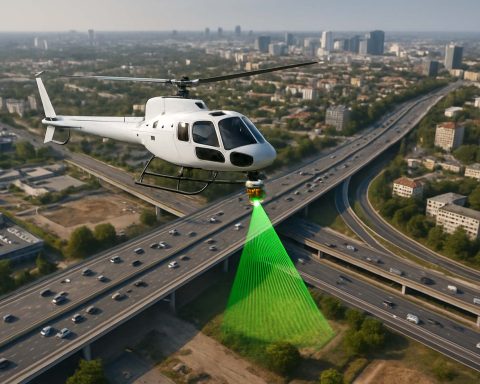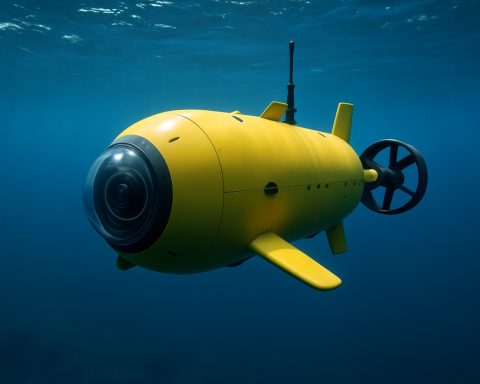
Thermoelectric Wearable Harvesters Market 2025: 18% CAGR Driven by Smart Health & IoT Integration
Thermoelectric Wearable Harvesters Market Report 2025: In-Depth Analysis of Growth, Technology, and Global Trends. Explore Key Drivers, Forecasts, and Strategic Opportunities in Next-Gen Energy























